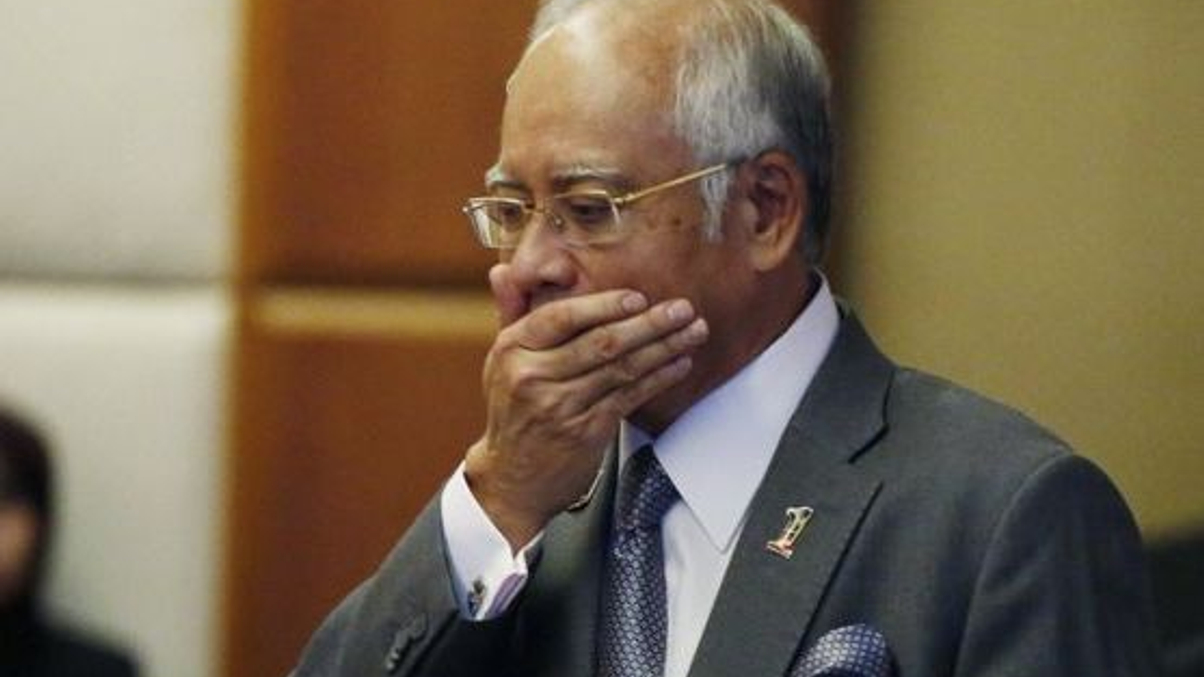Surveying the 1MDB wreckage
1Malaysia Development Berhad scandal has raised investors' concerns and left Malaysia with what one fund manager describes as "astronomic reputational risk", among other problems.

The 1Malaysia Development Berhad scandal has raised investors' concerns and left Malaysia with what one fund manager describes as “astronomical” reputational risk. As the scandal at the state fund rumbles on and international authorities probe allegations of corruption, investors are assessing the damage done to Malaysia's reputation with foreign investors.
Sign in to read on!
Registered users get 2 free articles in 30 days.
Subscribers have full unlimited access to AsianInvestor
Not signed up? New users get 2 free articles per month, plus a 7-day unlimited free trial.
¬ Haymarket Media Limited. All rights reserved.


